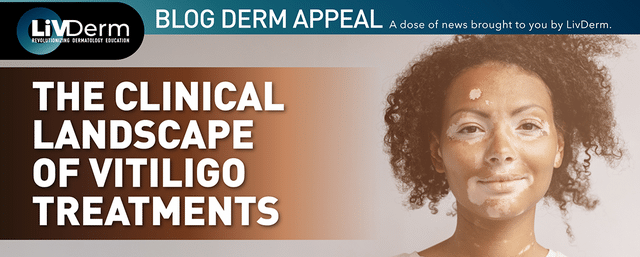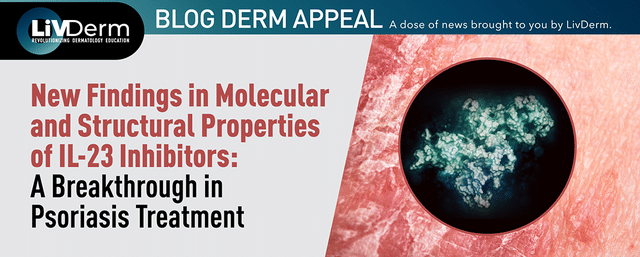Although it is most commonly used for aesthetic purposes, the medical applications of botulinum toxin (Botox) range further than merely cosmetic indications. Research has found that botulinum toxin injections have been reported to reduce migraine symptoms in patients with chronic migraine. In addition, burgeoning evidence implicates the potential role of Botox injections in the treatment of bipolar depression and social anxiety disorder.
Prior studies have reported significant symptom improvement in patients with depression after a single dose of Botox, highlighting its potential as an alternative therapy for major depressive disorder as well. The compound may be able to improve patient emotional state as a result of its wrinkle-relaxing properties believed to create a facial feedback effect. The latest clinical outcomes suggest Botox may work as a legitimate antidepressant.
Researchers have conducted trials specifically for Botox injections into the glabella for depression with recent results published in Scientific Reports revealing that Botox administered for medical indications extends positive antidepressant effects with benefits not limited to the injection site.
Botulinum Toxin, Depression, and Depression Disorder Adverse Events
A team of researchers investigated the variability of results from previous glabellar studies as well as their limitations – including a small number of participants, expected cosmetic outcomes from treatment, and unknown mechanism of Botox’s effect. In designing the study, the authors addressed all of the aforementioned limitations by increasing the patient pool as well as including cases of both aesthetic and functional Botox treatment in the trial.
The latest study included data from a total of over 13,000,000 reports from the adverse event reporting system (AERS) and the FDA AERS. The 12,185,458 reports included in the sample were defined as “an adverse event of a depression or depressive disorder related adverse event (AE),” and eliminated confounding factors, including those indicating patients were treated for depression specifically or were taking antidepressants.
Of the total cases studied, eight cohorts of patients were designated based on treatment indication, including: cosmetic use, migraine, spasms/spasticity, torticollis and neck pain, blepharospasm, hyperhidrosis, sialorrhea, and neurological and urinary bladder disorders. From there, researchers divided the cohorts into two groups – individuals treated with botulinum toxin and those who were not.
Decreased Incidence of Depression and Adverse Events
Findings suggest that patients who received botulinum toxin treatment had a significantly lower incidence of depression and depression-related adverse events compared with those in the control group. These results were valid across six of the eight cohorts, including cosmetic, migraine, spasms/spasticity, torticollis and neck pain, blepharospasm, and hyperhidrosis indications.
“Although there were no reports of depression or depression-related AEs in the sialorrhea cohort, results were not significant due to small size,” the researchers explained.“Our findings show that the antidepressant effect of BoNT administered for various indications goes beyond the control of the intended disease states and does not depend on the location of the injection.”
The study’s authors admit their findings did not offer insight into the antidepressant effect of Botox at a molecular level, however, they offer a few possible explanations including transneuronal transport, systemic distribution, distributed muscle stress memory, and the efficacy of the primary indication treatment.
As the World Health Organization estimates the number of people suffering from depression to be over 264 million, the latest findings could have significant implications for the future treatment of mental illness. However, the question of whether botulinum toxin will be approved in phase III trials for depression remains; authors believe their findings support its use for the indication and note the need for treatment optimization to provide a clear understanding of mechanism of action.
















